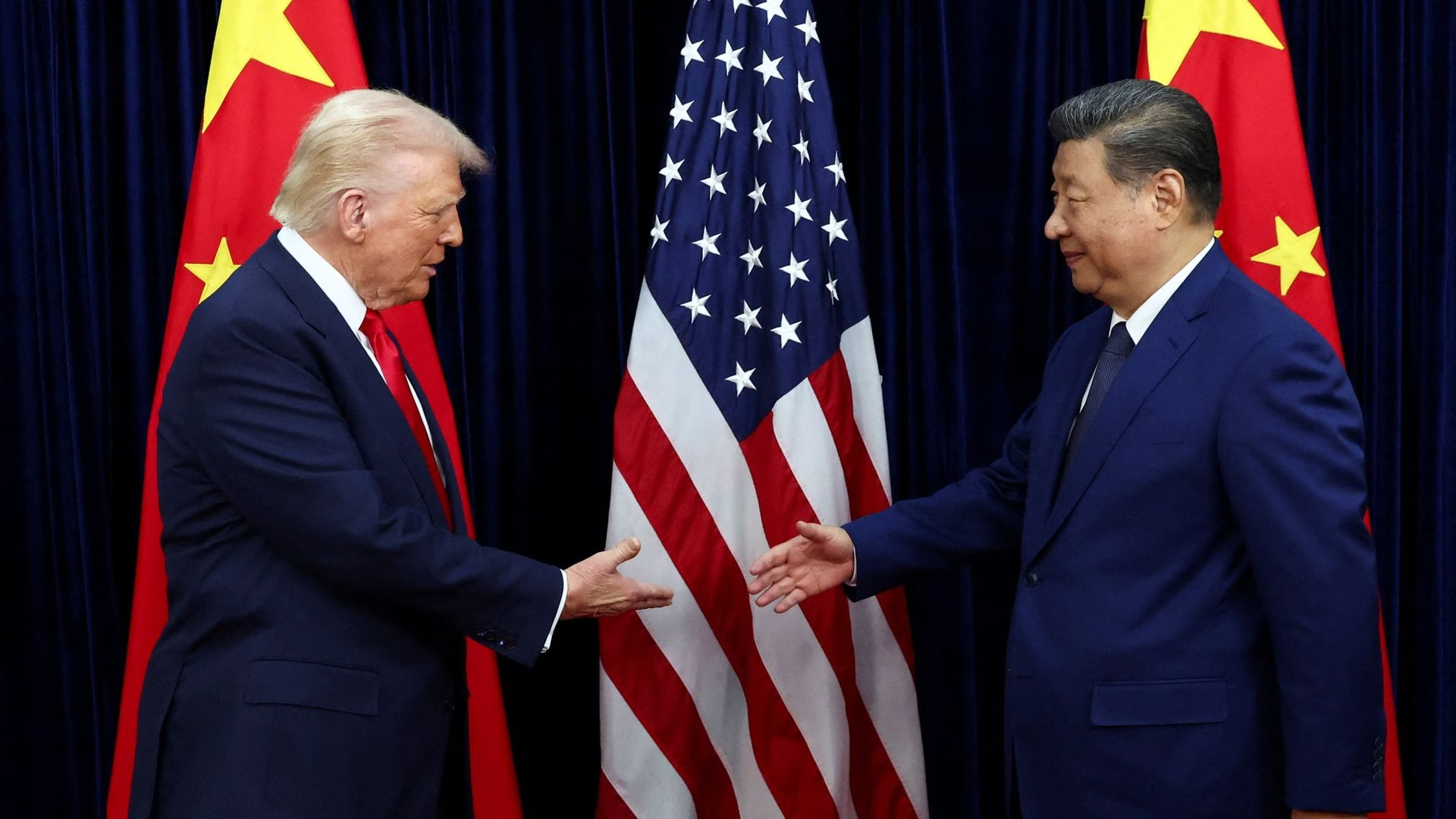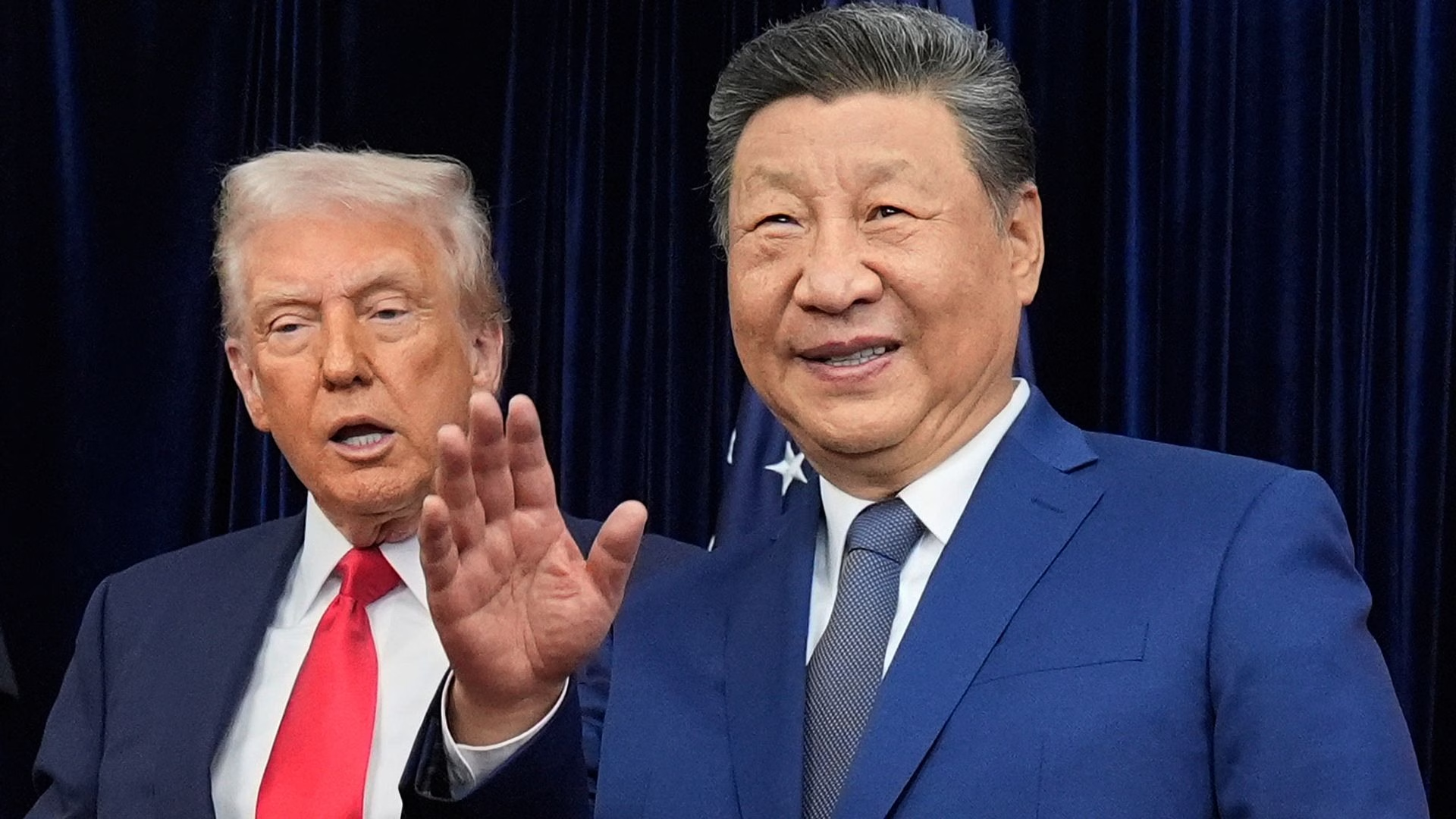
The Bryan administration is asking senators to amend the Hotel Development Act so a wholly owned subsidiary of the Public Finance Authority (PFA) can issue tax-exempt bonds for hotel projects, a mechanism officials say will cut borrowing costs without pledging government revenues or creating taxpayer liability. “This is a smart, no-debt tool,” Governor Albert Bryan Jr. said. “We cut financing costs for private capital, protect taxpayers from liability, and secure a clear path for long-term ownership. That’s how you make hospitality investment work for Virgin Islanders.”
The measure is pitched as pairing existing hotel-program incentives with a proven, lower-cost financing tool to move projects from planning to construction, support reinvestment in aging properties, and boost competitiveness in group, leisure, and cruise-adjacent markets — all “without shifting financial risk to the public.” It asserts that the government is not purchasing Frenchman’s Reef, will not run hotel operations, and is not guaranteeing bonds; Davidson Hospitality would remain manager under the current arrangement.
Yet the administration also states that once the bonds reach maturity — expected in roughly 30 years — title to Frenchman’s Reef would transfer to the public. In practical terms, “the people of the Virgin Islands” is the Government of the Virgin Islands; the property would revert to government ownership, after which officials could sell or lease the asset via normal public processes. That end-state sits in tension with repeated assurances that the government does not wish to own hotels now — a contradiction the Legislature will likely need to address directly in statute and public messaging.
In an October 22, 2025 letter to Senate President Milton E. Potter, Government House writes that PFA is working with Fortress, the Frenchman’s Reef owner, on a financing “like an industrial development bond,” without any commitment or pledge of government revenues or assets. The letter highlights the direct public benefit as follows: “upon the final redemption of the bonds, in 30 years or so, the Frenchman’s Reef property would revert to Government ownership.”
The bill itself would amend Title 29, Chapter 23, §1303 to define a Virgin Islands Hotel Development Financing Corporation — a public corporation controlled by the PFA — and add §1318 to create that corporation with powers related to the development, operation, and financing of one or more hotels in the territory, mirroring authorities under Title 29, Chapter 15, §916 et seq.
Under the proposal, the owner could use tax-exempt bonds to refinance and recoup its initial private investment by accessing lower interest rates, akin to U.S. industrial development-style conduit bonds. The administration says all bond payments and liabilities remain 100% the owner’s responsibility, with no pledge of government revenues or assets, no government guarantee, and no taxpayer backstop. After the bond term, ownership would transfer to the public; the government would be free to sell or lease the property and is not obligated to operate it.
USVI law already establishes project-specific trust funds and permits the redirection of project-generated hotel occupancy taxes, casino taxes, and Economic Recovery Fees into those funds to reduce Hotel Development Notes. While not a full-faith-and-credit pledge, these dedicated streams are a real policy cost that lawmakers must weigh against expected benefits.
The contradiction and why it matters
Government House repeatedly stresses it does not intend to own or operate hotels now — yet the same package provides for government ownership later. Because “the people of the Virgin Islands” is the government in law and practice for title purposes, the plan does contemplate public ownership — only deferred by decades. That matters for future fiscal, operational, and market risk at handover.
Draft language empowering the new PFA-controlled corporation includes the development, operation and financing of hotels. Even if the present intent is “no operations,” statutory powers are broader.
Public-private partnership literature and U.S. federal guidance warn that, absent tight handback conditions, private owners may defer major capital upkeep near contract end, risking assets returning in sub-optimal condition.
Even with no guarantee, the Hotel Development Program’s dedicated revenue diversions (e.g., Economic Recovery Fee, project occupancy tax) are foregone public receipts during the term. Those policy choices can constrain future budgets; lawmakers should confirm the value-for-money rationale and stress-test assumptions.
Taking title in 30 years may coincide with a property needing capital refresh or facing a soft market. If the asset underperforms, the public inherits the problem — whether holding costs before a sale/lease or accepting a discounted disposition. (The administration’s letter is explicit that title “reverts to Government ownership.”)
Studies of publicly owned or heavily subsidized convention hotels show frequent under-performance, market distortion (rate suppression for private competitors), and budget exposure when revenues miss forecasts. Even if USVI intends to sell or lease promptly, interim ownership still carries risk.
British Caribbean News


